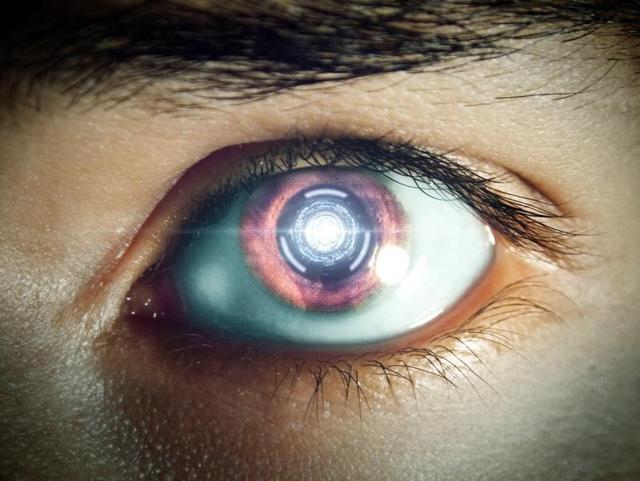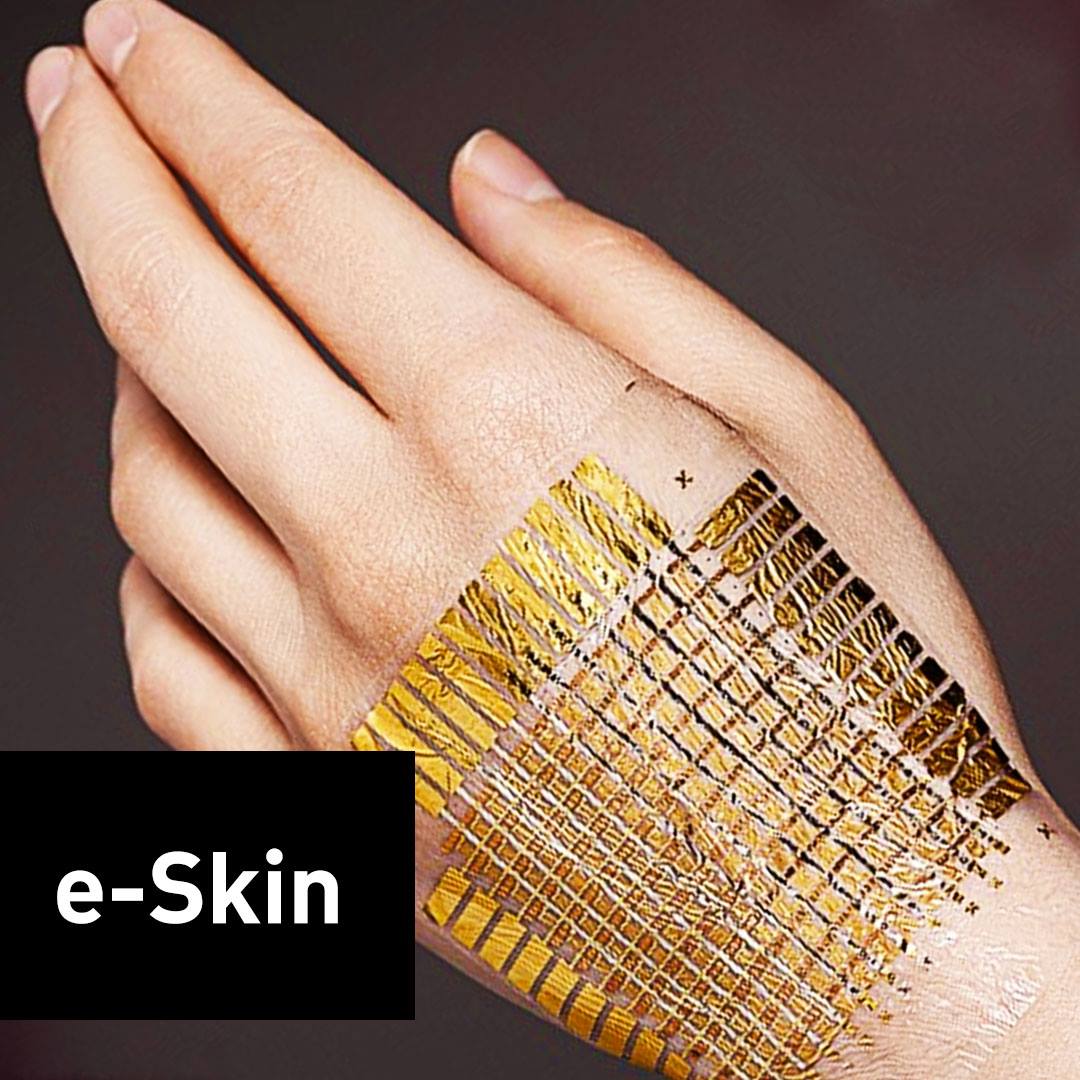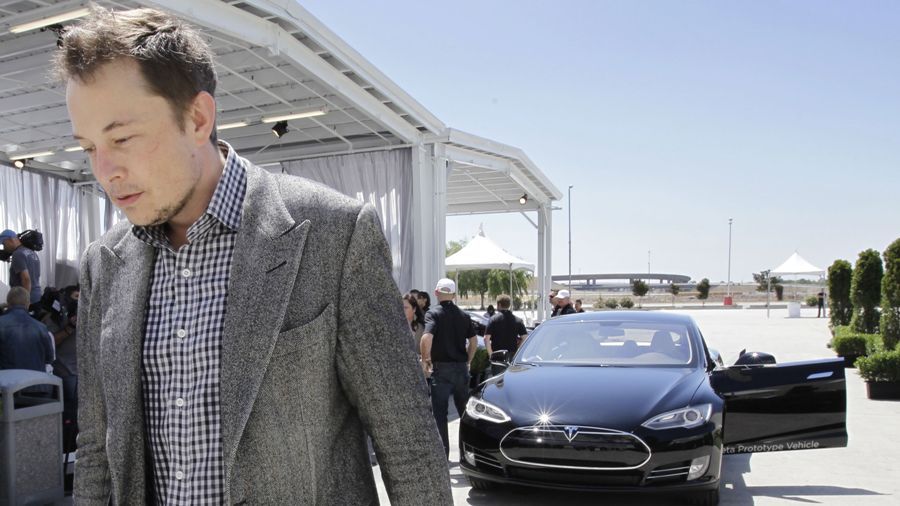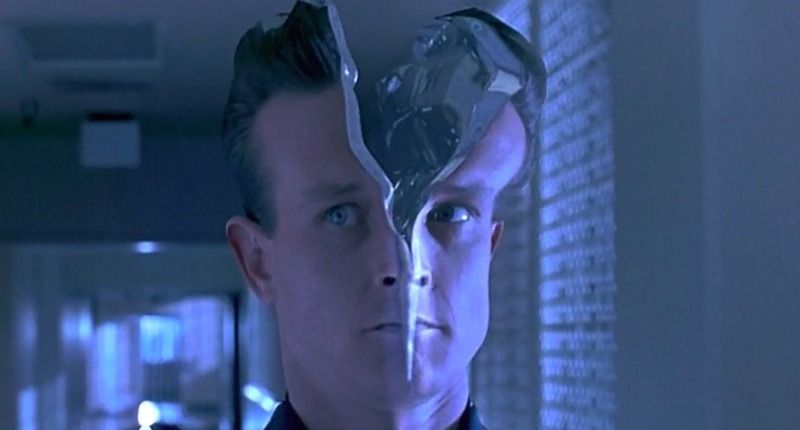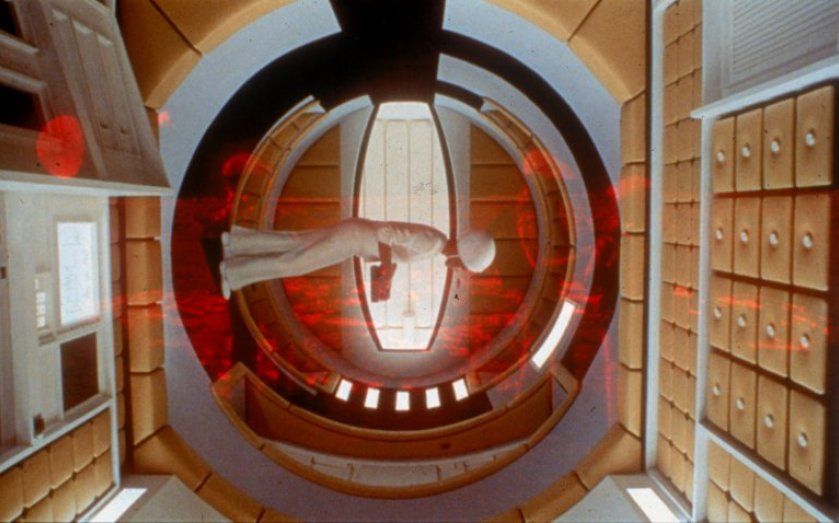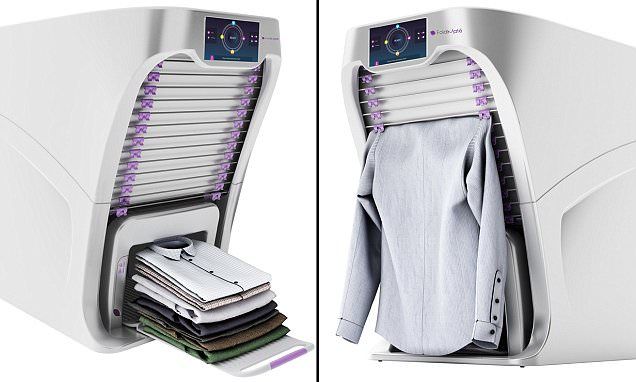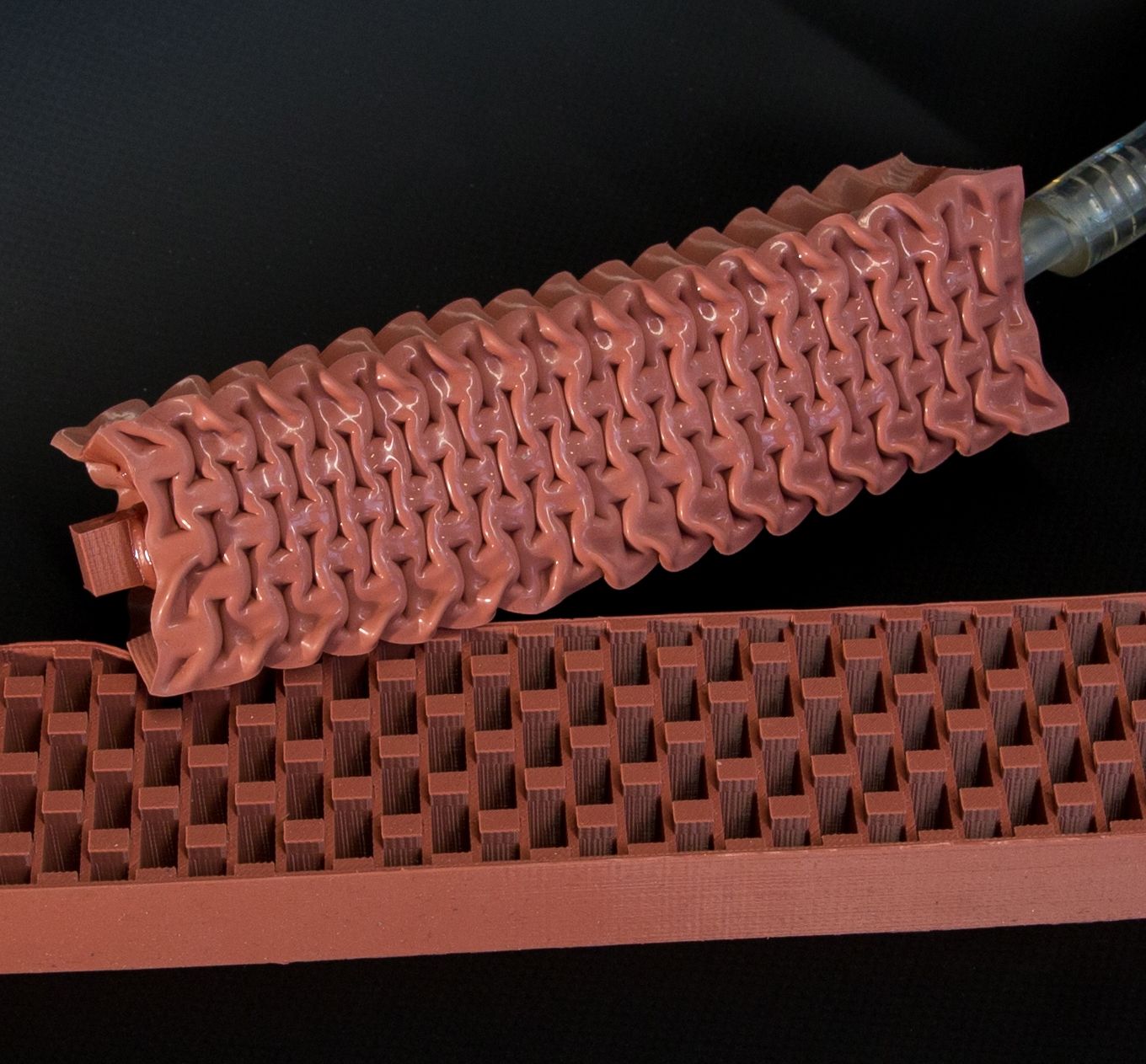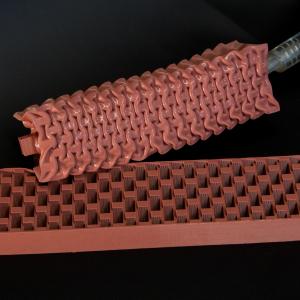Musk concerns over Singularity/ cyborgs technology.
We are said to be headed towards a wired future. But that could equally be a weird future, going by what some tech entrepreneurs and artificial intelligence visionaries are saying about it. It’s going to get a lot weirder than self-driving smart cars. Elon Musk, who co-founded Paypal and started the Tesla electric car company – and thus has a track record of delivering on ambitious projects – also set up the SpaceX company, whose ultimate goal is to colonise Mars. He’s just announced, at this year’s Code Conference in Los Angeles, plans to send the first manned mission to Mars as early as 2024. Moreover cargo flights to Mars are also planned every two years, keeping in mind that a habitation on Mars will require regular supplies from earth.
Musk says he’s doing this to preserve humanity, since possibilities of a calamitous event that destroys human civilisation on earth – thanks to runaway advances in technology – are high. Perhaps we have a foretaste of this already when the Louvre museum packs up its treasures of human art and locks its doors due to floods in Paris, an event that has been linked to the pumping of greenhouse gases into the air that disrupt the earth’s climate. Amazon CEO Jeff Bezos comes at the same issue from the opposite end. He says heavy industry is too polluting and will need to be relocated to outer space to preserve the earth.
There is also the spectre of singularity, the point at which machines become so intelligent that humans are rendered superfluous. To head this off, according to Musk, we will need to add an artificial intelligence layer to the human brain itself. The future, it appears, is cyborg. We will all be Superman, or bust.
Read more
